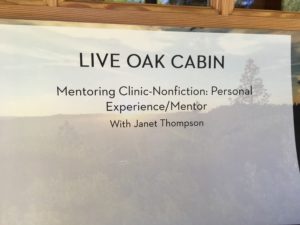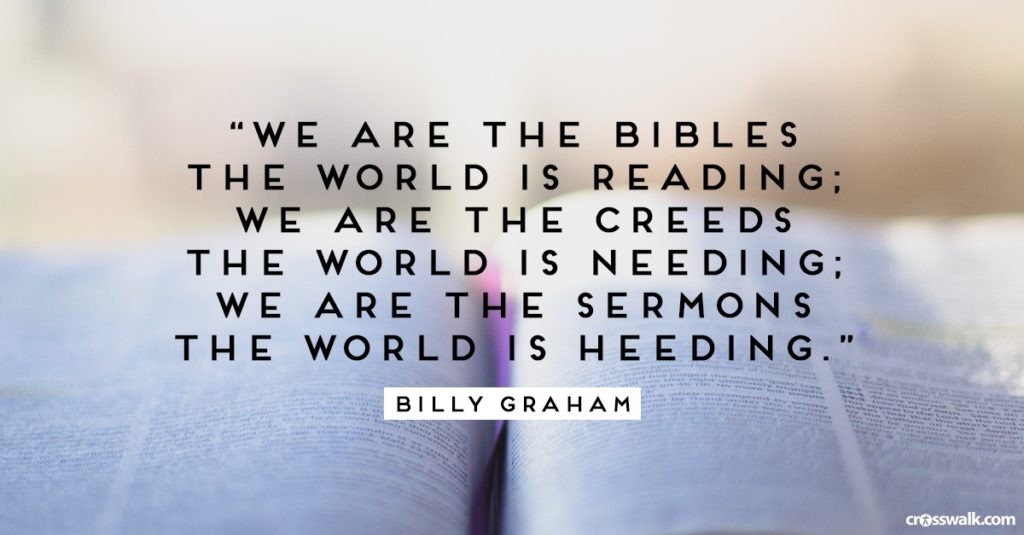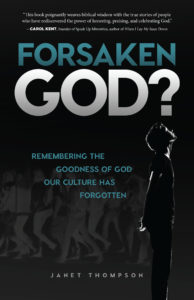Today’s guest post is from a dear friend and author, Dawn Wilson. I’m chained to the computer writing a new book with a short deadline. I found it interesting that Dawn’s blog provides us seven principles for making wise choices and the first chapter in my book is “Brave Choices.” I also just finished Chapter Eight “Brave Discernment.” Reading Dawn’s post gives me some new thoughts to consider. I know it will you too because we all make zillions of decisions from the time we get up until we go to bed, and each decision is a “choice.” Enjoy!
7 Principles For Making Wise Choices by Dawn Wilson
Some people make choices in a “spaghetti” fashion, throwing options at a wall to see what sticks. They’re not sure what to do, so they guess at what God might bless and use.
I used to do that, and ended up making some bad—or not the best—decisions. I concluded it’s far wiser to ask God how to make better biblical choices.

Discernment comes from understanding our inclination toward sin and foolishness, and from knowing the Word of God (Hebrews 5:13-14). The Bible offers clear principles to guide us in making wise big decisions and everyday choices.
[Tweet “The Bible offers clear principles to guide us in making wise big decisions and everyday choices.”]
This is good news whether we’re searching for answers ourselves, or encouraging and mentoring others. Few in our culture have a biblical framework for making healthy, positive decisions—spiritually, emotionally, mentally, socially and physically. We especially need to give new Christ-followers principles for developing discernment and making wise choices so they won’t be easy prey for the enemy.
Principles for Making Godly Decisions
- Conscience Principle
Our conscience is the part of our human psyche that causes mental anguish and guilt feelings when we violate our value system. We have feelings of well-being when we conform to our value system. This is often referred to as our moral consciousness—moral awareness—or moral compass. A weak or immature conscience is the product of a faulty value system. Our conscience can be hi-jacked by worldly beliefs, the enemy’s lies, or our own sinful nature. But as believers mature in the faith, our conscience strengthens in the will and ways of God.
[Tweet “Our conscience can be hi-jacked by worldly beliefs, the enemy’s lies, or our own sinful nature.”]
Ask:
- Does it bring glory to God? (1 Corinthians 10:31)
- Would this embarrass the Lord, or would I be embarrassed? (Matthew 24:44)
- Can God bless this choice? (Proverbs 10:22)
- Can I openly thank God for this? (Colossians 3:17)
- Counsel Principle
Our Heavenly Father counsels His children, Jesus is our Wonderful Counselor according to Isaiah 9:6, and He left us another Counselor, the Holy Spirit. We also find counsel in Scripture. God also equips us with wise counsel from Christian teachers and mentors.
Ask:
- Does God’s Word give direction or confirm His will? (Psalm 119:105)
- Have I prayed about this? (Proverbs 3:6; 19:21)
- Have I sought godly counsel or worldly counsel? (Psalm 1:1)
- Am I getting the same direction from a number of sources? (Proverbs 11:14b; 15:22)
- Convictions Principle
Convictions aren’t our opinions. They’re our firmly held beliefs that ultimately determine who we are and what we do. Convictions often chart our course for life, because they drive our choices. They help us set healthy boundaries. We have convictions about our relationships, career, time, finances, health, entertainment, and our spiritual priorities.
[Tweet “Convictions often chart our course for life, because they drive our choices.”]
Ask:
- What are my beliefs and values—am I fully convinced? (Romans 14:1-9)
- Am I walking in integrity and godliness? (Psalm 25:21; Proverbs 11:3)
- Have I committed my life to the Lord, no matter what happens? (Proverbs 16:3)
- Am I living for Him supremely? (Matthew 6:33; Colossians 3:23)
- Cause Principle
Our motives—the underlying reason for our actions—matter to God. We can serve God from impure motives, but He won’t be impressed! The Bible says our motives will be exposed, and impure motives can hinder our prayers, so we need to carefully check them.
[Tweet “We can serve God from impure motives, but He won’t be impressed!”]
Ask:
- What is my motive? (Colossians 3:23)
- Am I seeking to please God, or do I have a personal agenda? (1 Thessalonians 2:4)
- Could my motives seem pure but be otherwise? (Proverbs 16:2; Hebrews 4:12
- Am I being deceived or fooled by my heart—am I a hypocrite? (Jeremiah 17:9; Matthew 6:1)
- Control Principle
Jesus cautioned believers to consider whether we call Him Lord, but still want to be lord of our own life.
Ask:
- Who is my Master … really? (Matthew 6:24)
- Is this Spirit-led or fleshly? (John 16:13; Galatians 5:16, 22-23)
- Do I have peace in my heart from the Spirit of God? (Isaiah 26:3; John 14:26-27)
- Does God seem to be leading? (Isaiah 30:21; Proverbs 2:3-6; 3:5-6)
- Would Satan be the victor or get the upper hand in any way? (1 Peter 5:8-9a)
- Consequences Principle
There are good and bad possible consequences of our choices. If we’re wise, we’ll anticipate these natural consequences before moving forward.
Ask:
- Is it beneficial—edifying my life and building up others? (1 Corinthians 10:23)
- Is it worldly or carnal—feeding my flesh or ungodly desires? (1 Corinthians 3:1-3; 1 John 2:15-16)
- Is it a hindrance to my or others’ walk with God? (Hebrews 12:1)
- Have I counted the cost? (Luke 14:25-34)
- What account will I give to my Lord? (2 Corinthians 5:10; Matthew 12:36)
- Concern Principle
[Tweet “It’s so easy to think about our own agenda and not consider how our choices affect others.”]
We live in a selfish world. It’s so easy to think about our own agenda and not consider how our choices affect others. This isn’t a biblical way to live.
Ask:
- Is this a stumbling block to others—something that might cause weaker brothers and sisters in Christ to sin? (1 Corinthians 8:9)
- Does it encourage love and unity? (Romans 13:8, 10; 14:19; Ephesians 4:3)
The more we seek the Lord’s direction for our decisions, the more we will benefit ourselves, bless others, and bring glory to God.
[Tweet “The more we seek the Lord’s direction for our decisions, the more we will benefit ourselves, bless others, and bring glory to God.”]
You may find some principles easier to act on than other principles. What is the hardest one for you to follow regarding your choices?
If you received this blog by email, leave a comment here.
 __
__
Dawn Wilson and her husband Bob live in Southern California. They have two married sons and three granddaughters. A former journalist for Christian newspapers, Dawn now assists author and radio host Nancy DeMoss Wolgemuth with research and works with various departments at Revive Our Hearts. She is also the founder and director of Heart Choices Today, publishes UPGRADE with Dawn, and writes for Crosswalk.com and TrueWoman.com. Dawn occasionally travels with her husband Bob with Pacesetter Global Outreach.
https://www.facebook.com/dawnmariewilson
https://twitter.com/dawnmariewilson
Graphic adapted, courtesy of Ben White at Unsplash


































